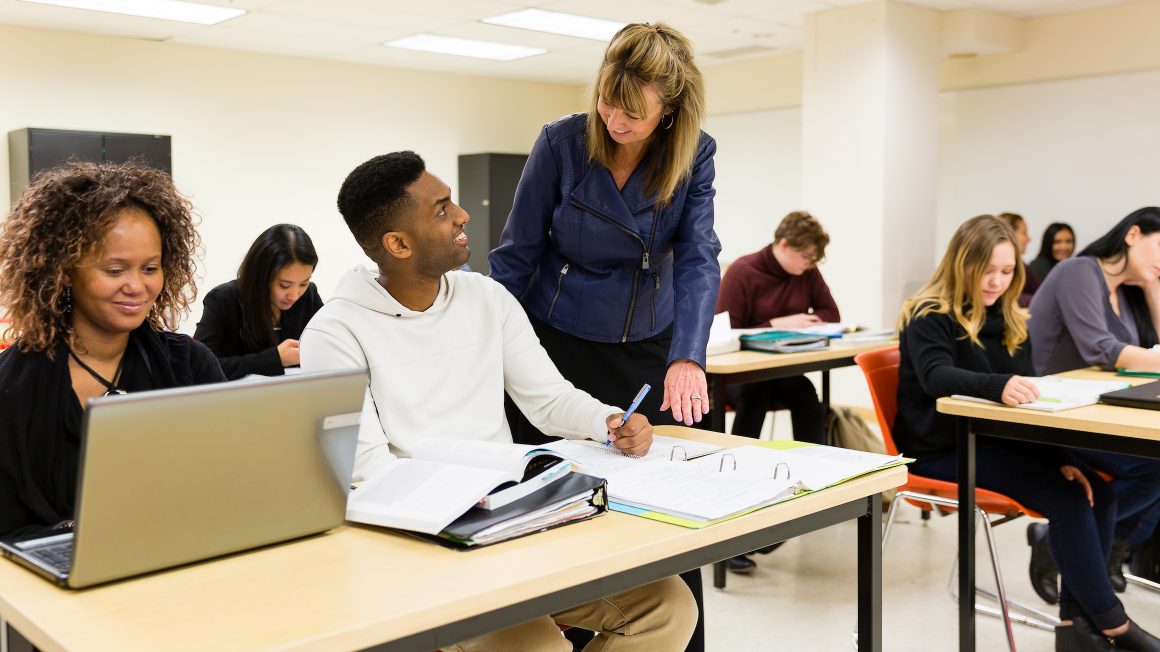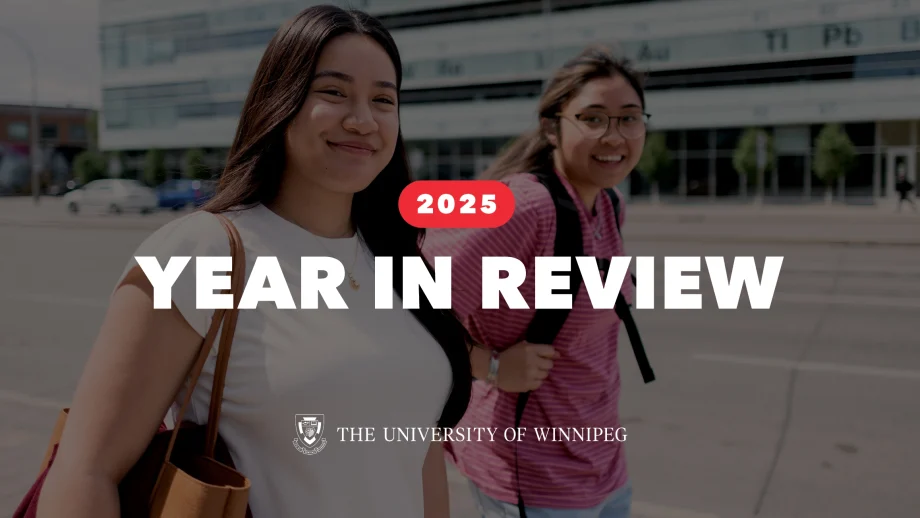University of Winnipeg researchers Laura Sokal, Lesley Eblie Trudel, and Jeff Babb began a series of studies last April looking at the best ways to support Canadian teachers while they navigate the stressors of teaching during a global pandemic.
Our findings clearly show that teachers in Manitoba were coping less well than teachers in other provinces at the beginning of the 2020-21 school year.
From spring to fall of 2020, they conducted a study of 2,200 Canadian teachers, including more than 1,000 from Manitoba.
“We found that teachers were exhibiting five different trajectories of coping based on accepted measures of burnout: exhaustion, withdrawal from students, and lack of effectiveness,” the trio said. “Teachers in each of the five trajectories reported different types and levels of job demands and resources.”
In general, Sokal, Trudel, and Babb found that it was not only the level of demands that predicted the level of coping in teachers, but more so whether the teachers had adequate resources to meet the demands.
Those five trajectories were categorized into three groups:
Green Zone: Here, teachers remained effective in the classroom and had adequate resources to meet demands. In Canada, 32.0% of teachers fit into this zone. In Manitoba, 26.4% of teachers were in this group.
Amber Zone: Teachers in this case were at the tipping point and had just enough resources to meet demands. In Canada, 40.4% of teachers fit into this group. In Manitoba, 27.7% of teachers were in this category.
Red Zone: In this group, teachers were reporting high levels of exhaustion and withdrawal from students and significantly decreased classroom effectiveness. Whereas 27.2% of Canadian teachers were in the red zone, in Manitoba 45.9% of teachers fit into this category — a substantial difference.
“Our findings clearly show that teachers in Manitoba were coping less well than teachers in other provinces at the beginning of the 2020-21 school year,” they explained. “Teachers in Manitoba continue to be bombarded not only with demands and changes, but also with sustained uncertainty, and they are likely to need time for recovery.”
Sokal, Trudel, and Babb say it’s important to remember that teachers’ working conditions are our children’s learning conditions.
“It’s important to ensure teachers are provided with a period of recovery so they can find their feet,” they said. “Teacher burnout is a serious issue that will ultimately impact effective schooling and student learning outcomes.”
The group’s national findings will be featured as an article in the Canadian Journal of Education in June 2022 and is available on UWinnipeg’s Research Question podcast. Manitoba findings are published in UWinnipeg’s Winnspace digital repository.





